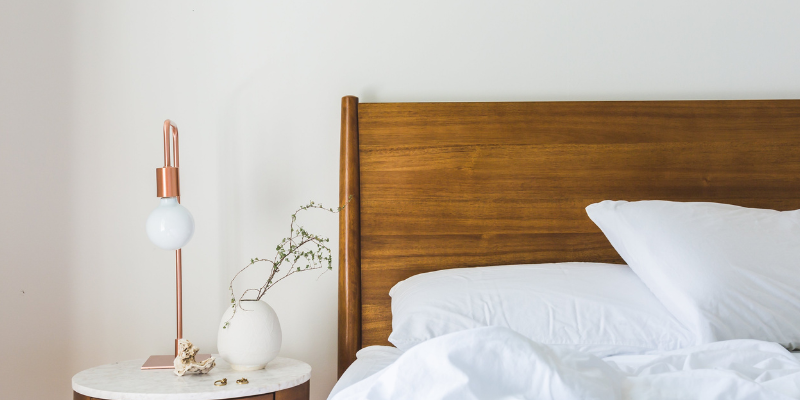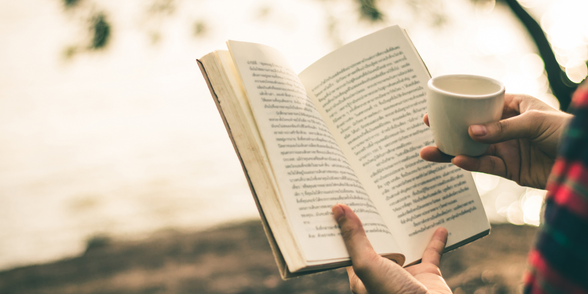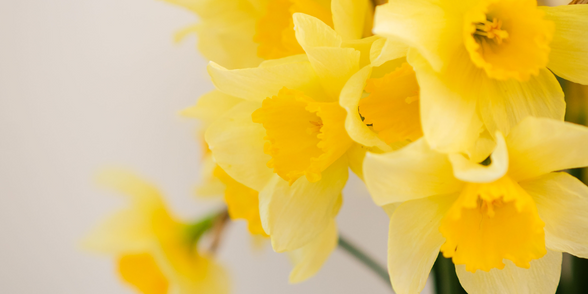Setting up for your best night’s sleep ever
Do you Spring out of bed, or slowly drag yourself out of bed. Do you have energy for the day or really have to motivate yourself for the day?
Sleep is an essential part of good health, and yet so many of us (me included), put it down the list of priorities so often. Good restorative sleep is the key to great health and ensuring our body helps fight viruses, bacteria, and disease. Without good sleep inflammation can occur in the body. Sleep is essential for allowing the body to detoxify.
There are so many reasons as to why we do not get good sleep, for the majority of us it is making it a good habit and prioritising it alongside good sleep hygiene, more on that shortly. For a few of us it may be more complex and adding in the below is helpful, but we may need to seek our a functional health practitioner or holistic Dr to improve our sleep long-term (take a listen to the podcast HERE for more information on chronic fatigue!) and addresses any underlying health conditions.
So a few tops tips to maximise your zzzz with good sleep hygiene.

1. Make your bedtime routine regular. Go to bed at roughly the same time every night. There is lots of talk around what time that is, but more often than not, the more hours this side of midnight the better. The key is to get 7-9hrs every night.
2. Avoid eating large meals just before bed. Try and finish eating a minimum of two to three hours before going to bed.
3. Herbal Tea in the evening. Avoid the caffeine and alcohol! Grab a cup of herbal tea in the evening. Teas containing chamomile and/or lemon balm can be helpful in relaxing the body.
4. Magnesium! Purchase a glycinate form. I love to use the Nutriadvanced one, but there are many other great brands on the market such as Biocare, Terronova and pure Encapsulations. Take this 30 minutes before going to bed.
5. Ashwagandha. If you really struggle with sleep, this can be a powerful herb in helping relax the mind. (it is from the nightshade family)
6. Make your room cool and dark. Windows open and radiators off, sleeping in a cool room can be really helpful for getting deep sleep. Keep the room dark, purchase black out cloth and hang over your curtains if your curtains allow a lot of light through.
7. Dim lighting 30-60 minutes before bed. Ideally an hour before bed avoid screens and have dimmer lighting in the room. For many of us this is a huge shift as we work or look at a screen right up until we go to bed. If this seems unachievable, start with blue-light emitting glasses wearing them in the evenings, and really try and put that screen down for as long as possible before your head hits the pillow.
8. Relax your body. Going for a warm shower or bath can be helpful for many of us. I often light a candle (make sure it is a clean burning candle, and a window is open!), so that I get the dim lighting whilst having a shower after finishing working or reading. When your body is warm and then cools rapidly, that helps to drop us into a deep restorative sleep. This is also a great way to unwind, if having a bath, using some lavender or ylang-ylang essential oil can be powerful at relaxing our minds as well.
9. Journal. Even two minutes. This could be a gratitude journal where you right what you are thankful for that day, or a journal to reflect on your day and write about what is on your mind.
10. Essential oils on your pillow. A couple of drops of essential oil or a pillow spray can be helpful in relaxing the body. Lavender and Ylang-ylang are two of my favourites.
Remember there is a correlation between your mental health and your quality of sleep. So prioritising this is critical in going into the next day! This article is just scratching the surface. Want to find out more. Dr Josh Axe talks about it HERE and Dr Mark Hyman a great functional medicine expert discusses it HERE.
And in the morning, start by exposing your eyes to natural light/bright light! (not phone light)




